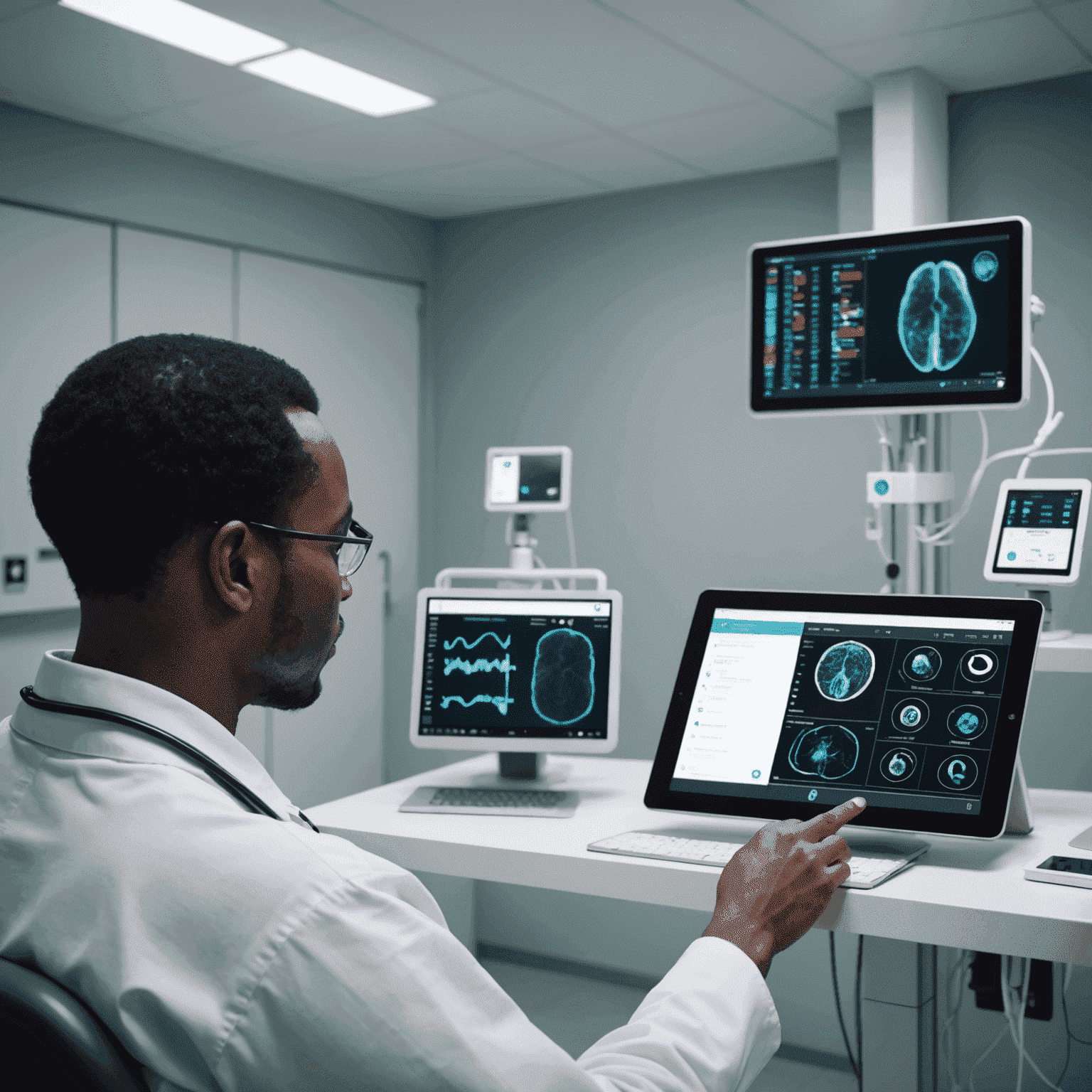The Role of AI in South Africa's Digital Future

As South Africa continues to navigate its path towards digital transformation, artificial intelligence (AI) emerges as a pivotal force shaping the nation's future. This article examines the potential impact of AI across various sectors of the South African economy and society, highlighting both opportunities and challenges.
Economic Implications
The integration of AI technologies in South African businesses has the potential to dramatically boost productivity and efficiency. From manufacturing to financial services, AI-driven automation and predictive analytics can streamline operations and reduce costs. However, this digital revolution must be balanced with strategies to address potential job displacement and ensure inclusive growth.
Healthcare Advancements
In the healthcare sector, AI presents unprecedented opportunities to improve patient care and outcomes. Machine learning algorithms can assist in early disease detection, personalized treatment plans, and resource allocation in South Africa's often overburdened public health system. Telemedicine powered by AI could also bridge the healthcare gap in rural areas, where access to medical professionals is limited.

Education and Skills Development
As AI reshapes the job market, South Africa's education system must evolve to equip students with the skills needed for the digital age. Integrating AI and data science into curricula, from primary schools to universities, will be crucial. Additionally, AI-powered adaptive learning platforms can provide personalized education, helping to address the country's educational disparities.
Agriculture and Food Security
In a country where agriculture plays a vital role, AI can revolutionize farming practices. Precision agriculture using AI and IoT devices can optimize crop yields, conserve water, and improve food security. This is particularly important in the face of climate change and the need for sustainable farming practices.
Challenges and Considerations
While the potential benefits of AI are significant, South Africa must navigate several challenges:
- Data privacy and security concerns
- The need for robust AI governance frameworks
- Addressing the digital divide to ensure AI benefits reach all segments of society
- Ethical considerations in AI development and deployment

Conclusion
The role of AI in South Africa's digital future is both promising and complex. By embracing AI technologies while addressing the associated challenges, South Africa can position itself as a leader in the African digital landscape. The key lies in fostering innovation, investing in digital infrastructure, and ensuring that the benefits of AI are distributed equitably across all sectors of society.
As South Africa continues its digital transformation journey, the integration of AI will be crucial in bridging the digital divide and propelling the nation towards a more prosperous and technologically advanced future.